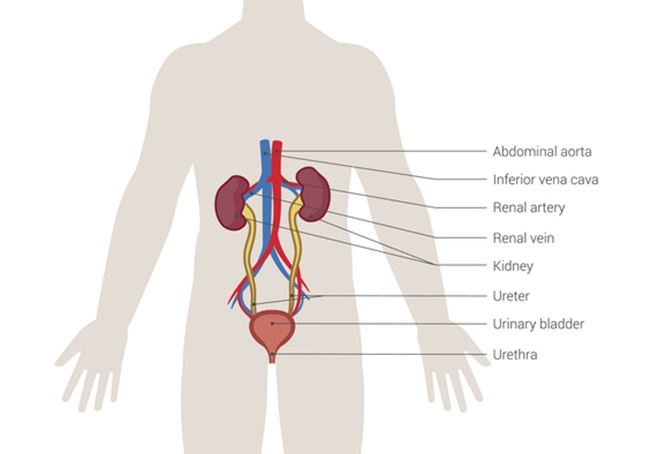
At first glance it is not easily assumed that diabetes could cause incontinence. However, with the significant increase of diabetes in South Africa there is a need to inform more people about the risk of incontinence when you suffer from type two diabetes. It is estimated by the International Diabetes Federation (IDF) that the prevalence of diabetes in Africa is set to double by 2030.
Type 2 Diabetes results when your body resists the effects of (or does not produce enough) insulin to maintain a normal glucose (sugar) level in your body. Insulin helps regulate the levels of glucose in the body; too much glucose can damage your body over time.
Type 2 Diabetes used to largely affect adults, but worryingly, where it was rarely seen before the 1990’s, children are now being diagnosed with it. The main cause is simple; we are eating too much of the wrong types of foods and not exercising enough. Some sources say that obesity has doubled in children and tripled in adolescents over the last 30 years creating health and well-being problems.
Classic symptoms of diabetes are excessive thirst and passing more urine than usual. This is because glucose builds up in the blood and your kidneys are forced to work overtime to filter it. As the excess glucose is excreted into the urine, it triggers more frequent urination, which may leave you dehydrated. As you drink more fluids to quench your thirst, you'll urinate even more.
According to Health24, urination is controlled by the brain, nerves, spinal cord and the urinary tract. The urinary tract includes the kidneys, ureter, bladder, urethra and the sphincter mechanism. If either of these aspects are altered or damaged, the ability to manage urine in the bladder will be lessened. Incontinence is not a condition, but rather a symptom of a condition where the bladder can no longer control the urine supply and therefore leaks.
A diagram of the kidneys and bladder.
Overactive bladder in the early stages of diabetes will cause very few people to experience incontinence. However, the high blood glucose levels do affect the amount of urine produced in the bladder. And having to frequent the bathroom multiple times a day over many years, will have an impact on the integrity of your bladder muscles. Most people will start to try and hold their urine in as to lessen the visits to the bathroom, but this could start to cause the deterioration of the bladder muscles.
Diabetes commonly causes nerve damage. Nerves in the bladder once damaged can reduce the sensation in the bladder and this coupled with chronic diabetes could weaken the bladder muscles and affect how well they are able to empty the bladder of urine. If urine is often left behind in the bladder it could cause a urinary tract infection. This type of infection can increase the urgency or frequency symptoms.
The best way to prevent incontinence associated with diabetes is to:
- Work closely with your healthcare professional to control blood sugar and treat any associated high blood pressure/cholesterol and obesity
- Avoid alcohol and smoking
- Drink plenty of water each day
- Practice good perineal hygiene to help prevent infection
Image source: iStock




 Publications
Publications
 Partners
Partners














